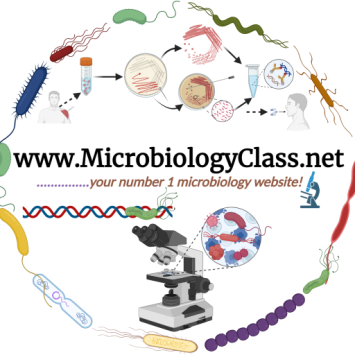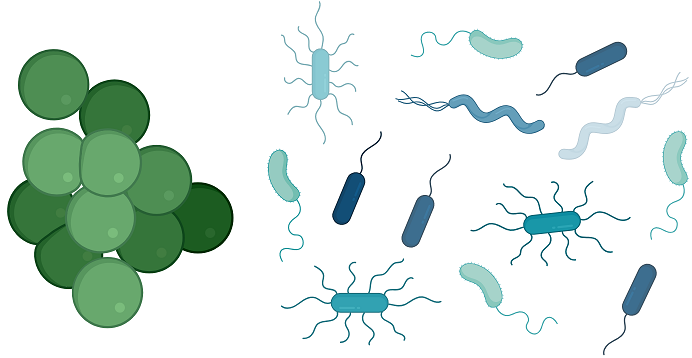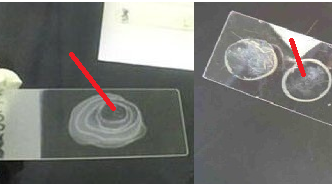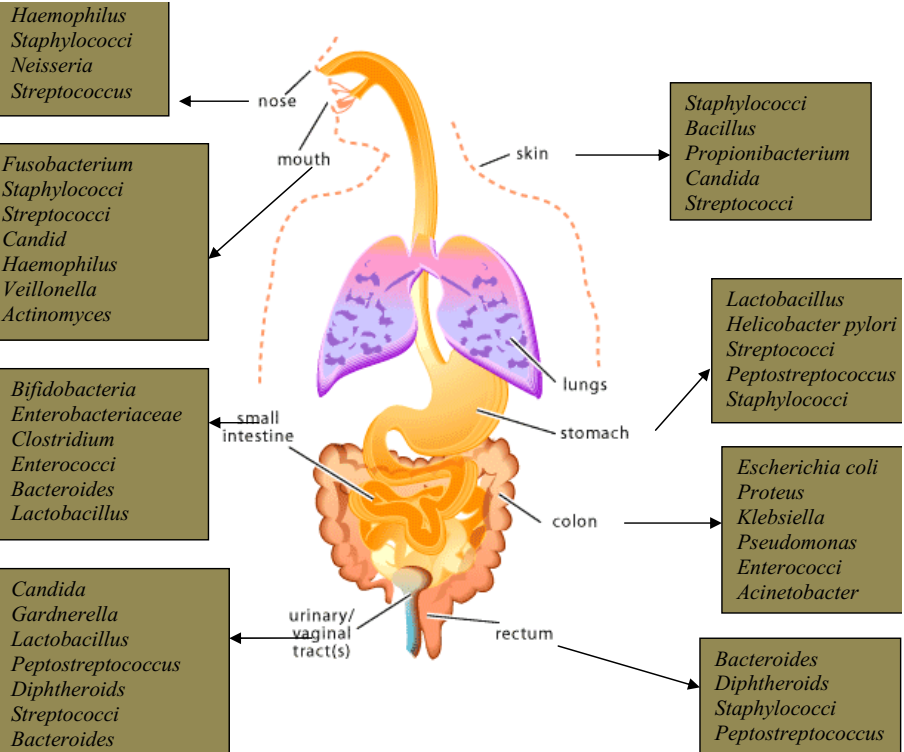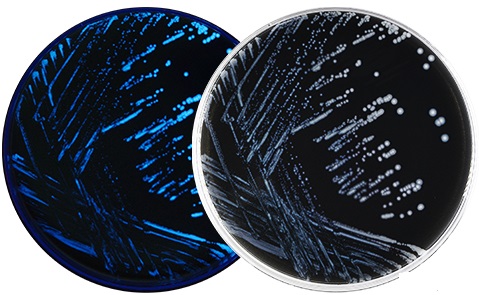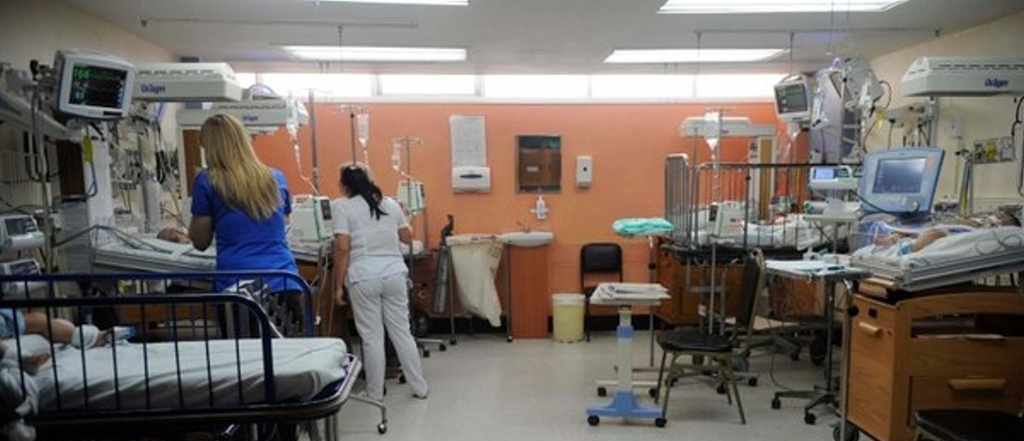Hand Washing: when and how to wash your hands
Hand washing is one of the best ways to protect yourself and your family from getting sick. Learn when and how you should wash your hands to stay healthy. Wash Your Hands Often to Stay Healthy You can help yourself and your loved ones stay healthy by washing your hands often, especially during these key […]
Hand Washing: when and how to wash your hands Read More »
Epidemiology, Medical Microbiology, Public Health & Parasitic Diseases (Parasitology)